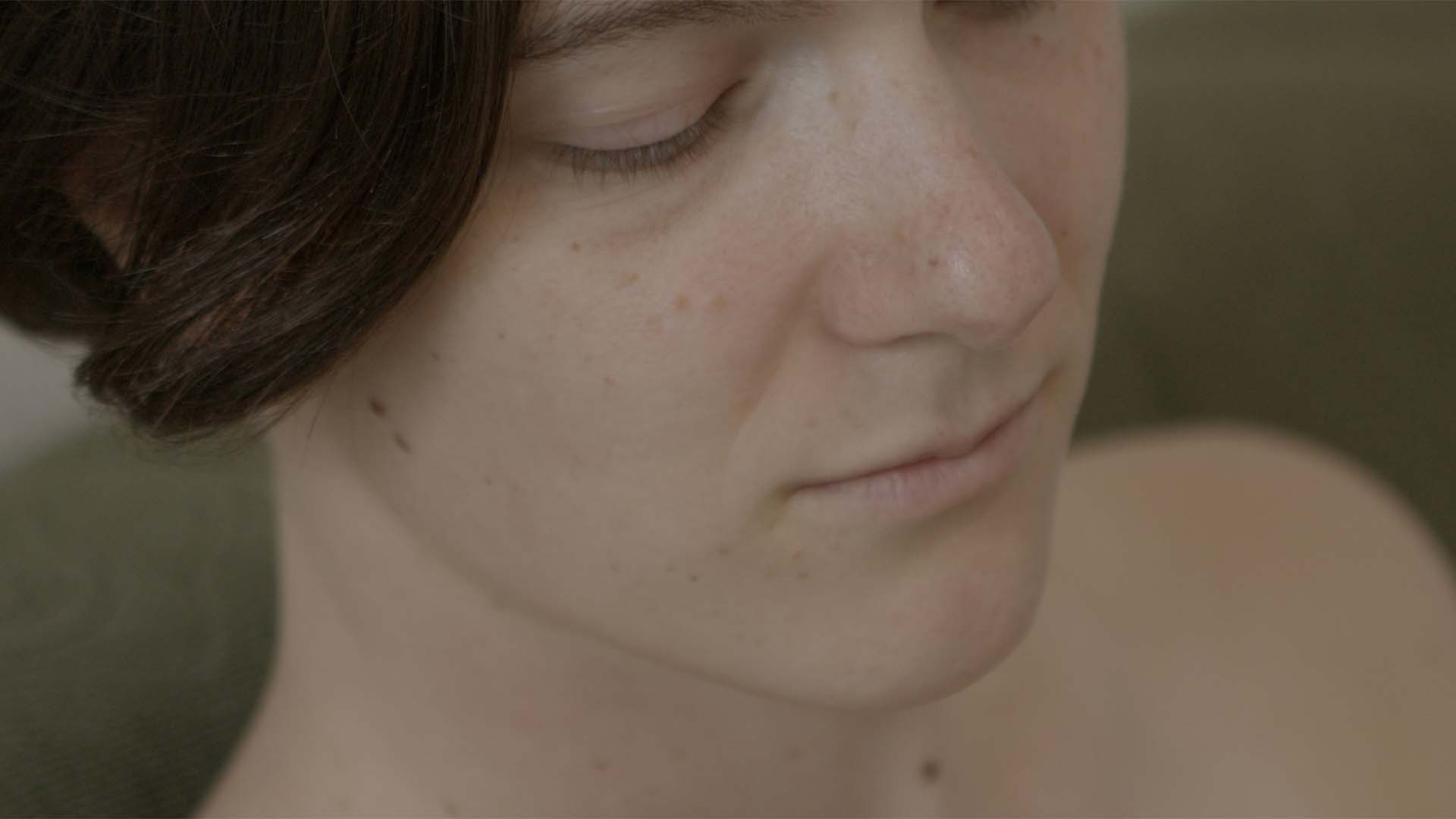
Lena Grobusch: Consider your commitment to your creative vision
How do we look at women’s bodies and how does the visual objectification of female bodies influence our understanding of what it means to be a woman? Starting from this question, a cinematic experiment is launched that deconstructs the male gaze with the help of a female artist, open body landscapes and the playfulness of a brushstroke. A painter, a naked woman, and a camera. In this triple constellation, “The Naked Truth” explores the power of the gaze and the roles it imposes on us. An artist’s studio turns into the setting for questions about how we look at and perceive women. The naked skin of the model becomes the canvas for an audiovisual exploration of the ways in which different practices of looking influence our perception of others and ourselves. Seeing and being seen anchors us in our body. And this body shapes how we experience the world and our role in it.
What are the most formidable challenges inherent to the profession of filmmaking?
Could you elaborate on the wellspring of your creative inspiration for this particular short film?
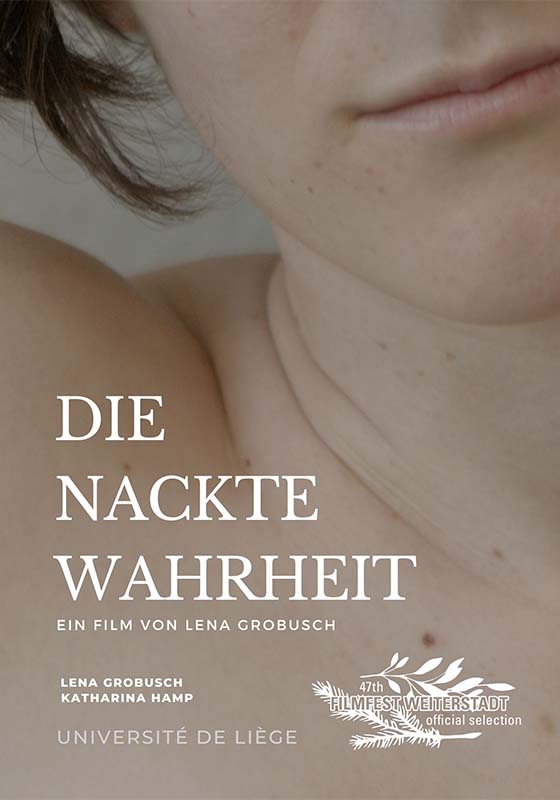

Could you elucidate on the central thematic underpinning of your film?
How do you navigate the task of strategizing cost-effective promotional efforts when operating within a constrained budget?
In today's dynamic marketplace, how pivotal do you consider the role of film distribution?
For individuals contemplating the path of self-distribution, what counsel or insights can you offer?
In your estimation, what level of significance do short films hold for aspiring filmmakers seeking to embark on a career in directing?
Reflecting on your professional journey thus far, could you share an instance of the most formidable challenge you encountered and how you surmounted it?
One week before the making of this short film, my female artist had a family issue and informed me that she wouldn’t be able to participate in the film. So not only did I have to find a new artist really fast. I also had to rewrite the whole script to match it to a new artist and a new story.
What, in your view, are the critical factors that contribute to the creation of a cinematic masterpiece?
If you could revisit the inception of your career, are there any aspects or decisions you would choose to alter in hindsight?
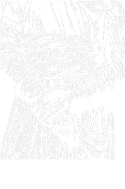
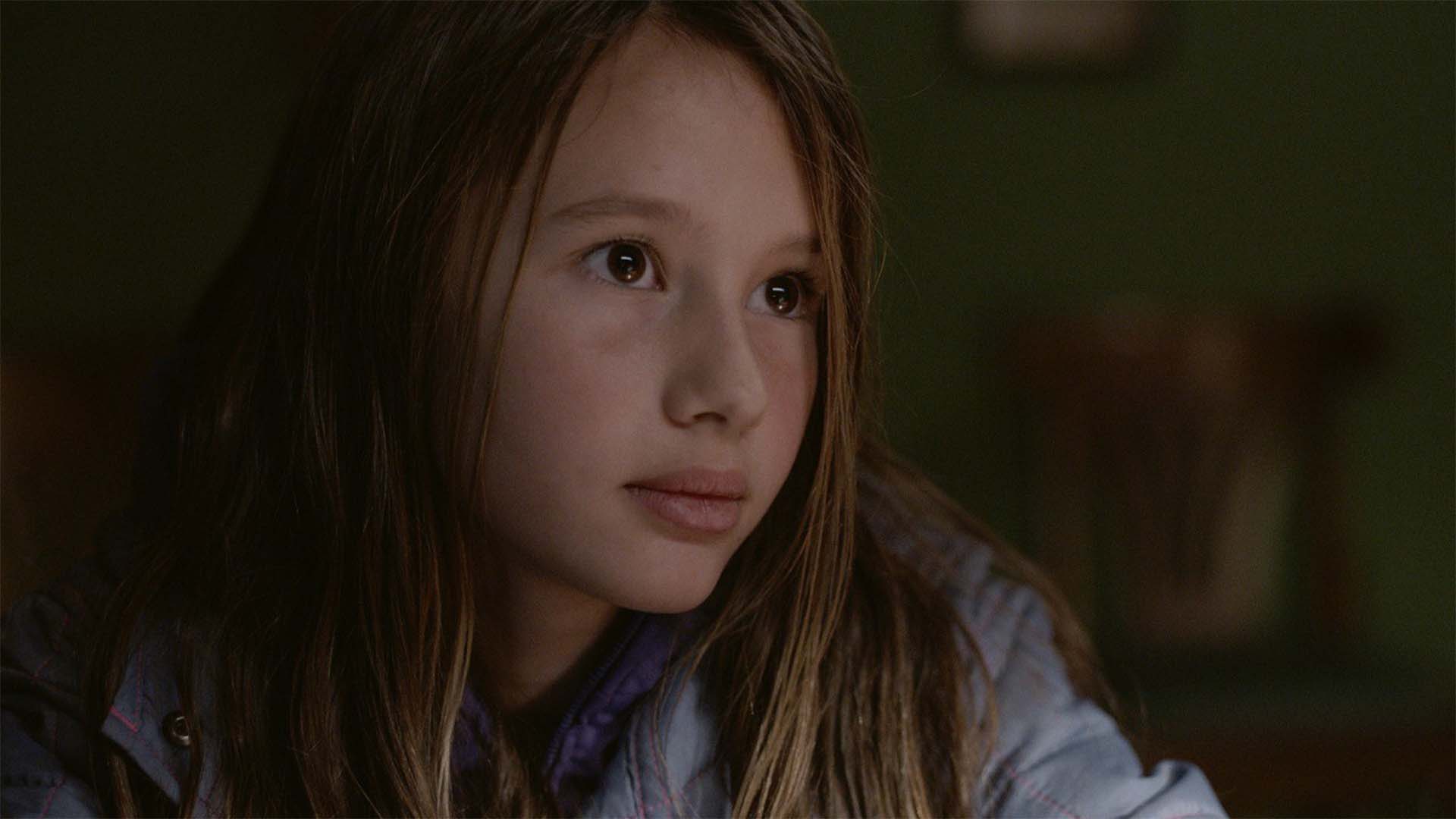


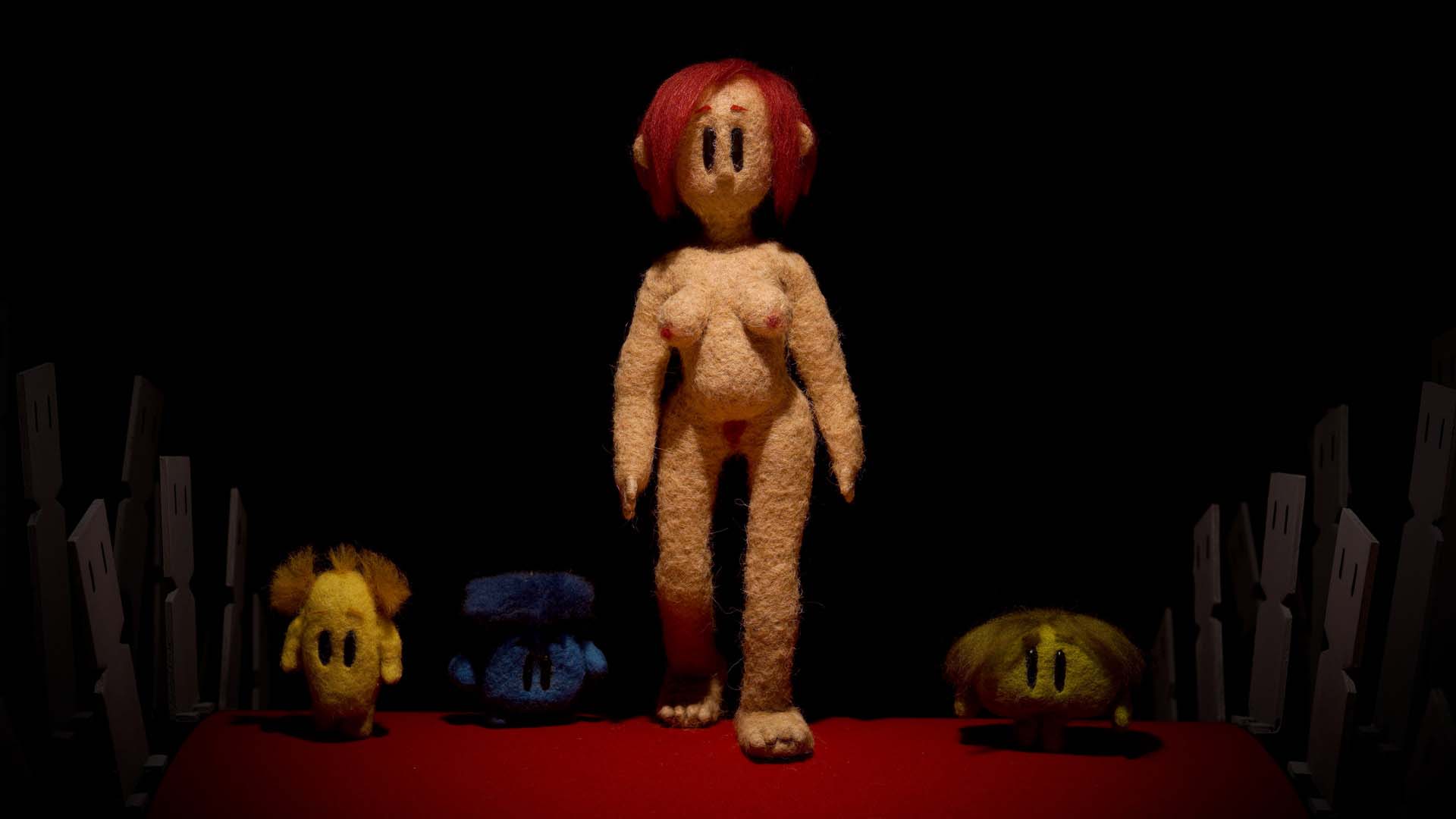
Leave a comment